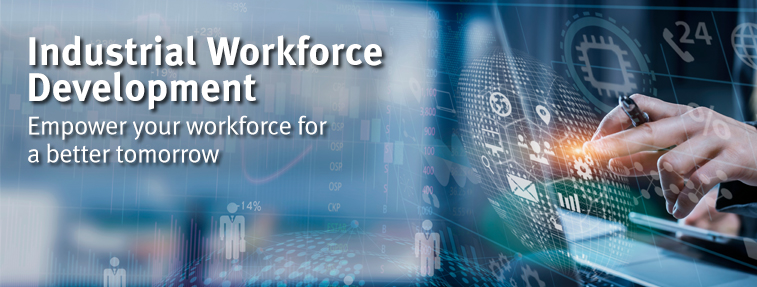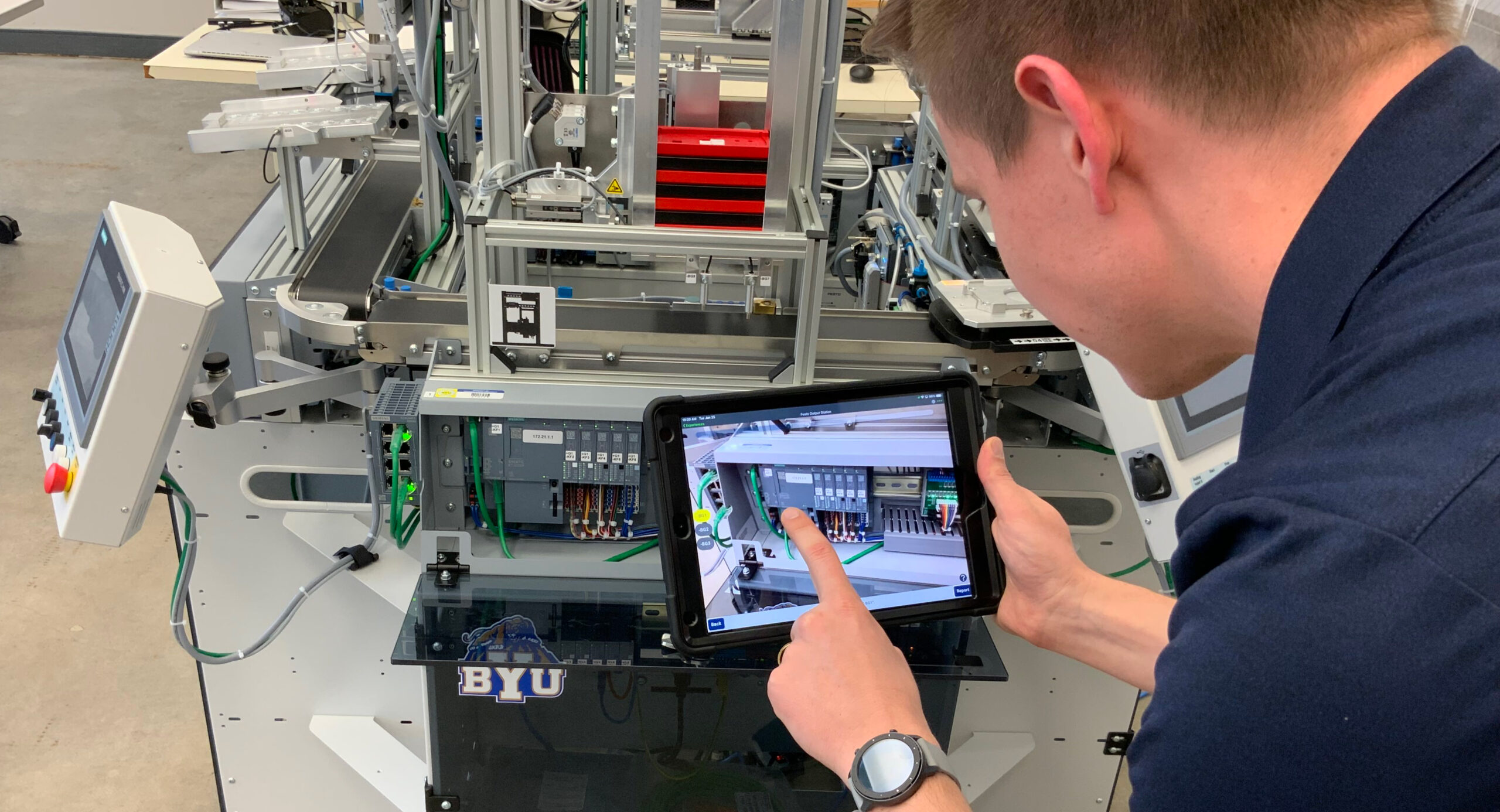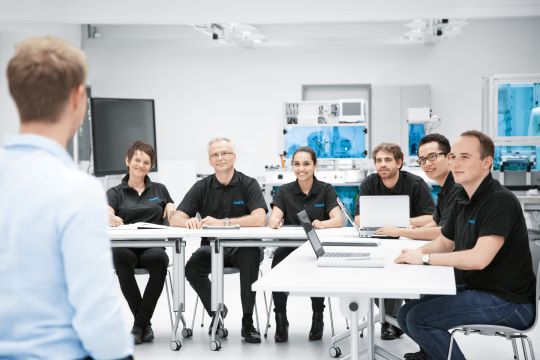How Emerging Tech Is Reshaping the Industrial Workforce and What It Means for Educators


In this digital era of manufacturing, the sky’s the limit. Demands for more custom products, sustainable packaging and fast, free shipping have moved the production industry to the forefront of many new technologies — and that momentum is projected to continue.
In fact, a 2024 predictions survey revealed that the three technologies manufacturers are most likely employ in the coming year are: artificial intelligence (AI), augmented / virtual / mixed reality (XR) and data analytics. These trends point to the importance of ongoing education and hands-on training to adopt these new technology competencies.
The Importance of Technical Training for the Industrial Workforce
As digital natives, future generations will likely have more access to STEM education that includes AI, XR, robotics and coding throughout their grade-school journey. Ideally, this curriculum would help to close the STEM skills gap that persists today, creating a more sustainable education-to-career pipeline.
In the meantime, however, nearly 830,000 manufacturing jobs remain open each month across the U.S. due to a lack of qualified workers. From a hiring standpoint, the industrial workforce is in crisis. Manufacturers are desperate to find qualified workers with the right set of technical skills to support their growing operations.
However, the good news is there has never been a more exciting and promising time to be in manufacturing. Opportunities abound for those who have the proper training and skill sets.

Elevating Augmented Reality in the Classroom
As it relates to technical education, emerging technologies will continue to transform traditional teaching methods, altering how instructors teach and how students learn. To keep pace with industry and ensure students graduate with proper qualifications, employer-educator partnerships have become critical for everyone involved.
Here’s an example: Brigham Young University (BYU)’s Manufacturing Engineering Program and software company PTC worked together to develop and deploy smart manufacturing career training for BYU students. While BYU became well-versed in AR thanks to support from PTC’s software product Vuforia, BYU’s curriculum and PTC’s software alone weren’t enough to check all the boxes for comprehensive Industry 4.0 training.
Together, Festo, BYU and PTC are powering a state-of-the-art classroom with data-rich AR experiences. Now paired with PTC’s Vuforia and the Cyber-Physical Lab from Festo, a full spectrum of AR capabilities has expanded BYU’s AR instruction offerings from Level 1 through Level 4.

Get Started on Your Education Journey
While emerging technologies offer new career opportunities, they can also raise questions as change and disruption are inevitable. Fortunately, the key to navigating this transformation lies in embracing lifelong learning and reskilling. Education and training are no longer one-time events, but an ongoing journey to adapt to the evolving needs of the industrial world.
To learn more about Festo technical education opportunities, visit our website.
